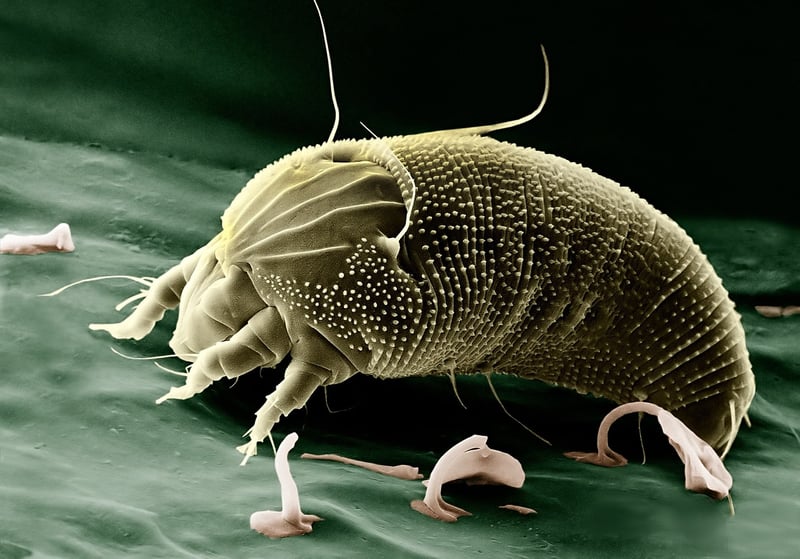Extremophiles Study
The Fascinating World of Extremophiles and the Study of Life's Origins

Life on Earth is incredibly diverse and resilient, with organisms adapted to thrive in extreme environments that were once thought to be uninhabitable. The study of these fascinating life forms, known as extremophiles, not only provides insight into the limits of life as we know it but also offers clues to the origins of life itself.
What are Extremophiles?
Extremophiles are organisms that can survive and even thrive in environments with extreme conditions such as high temperatures, acidity, salinity, or pressure. These resilient creatures have been found in places like deep-sea hydrothermal vents, acidic hot springs, frozen Antarctic glaciers, and even within rocks deep underground.
Significance in the Study of Life's Origins
Studying extremophiles is crucial for understanding how life could have originated on Earth and whether similar conditions exist elsewhere in the universe. By investigating the biochemical adaptations that allow extremophiles to survive in harsh environments, scientists gain valuable insights into the fundamental building blocks of life and the potential for life beyond our planet.
Types of Extremophiles
- Thermophiles: thrive in high-temperature environments
- Halophiles: flourish in high-salinity conditions
- Acidophiles: prefer acidic environments
- Alkaliphiles: thrive in alkaline conditions
- Psychrophiles: adapted to cold temperatures
- Barophiles: withstand high pressures
Research and Discoveries
Scientists continue to uncover new extremophiles and study their unique adaptations. Recent discoveries include bacteria that can survive in arsenic-rich environments, microorganisms that thrive in the toxic conditions of abandoned mines, and archaea that exist in the boiling waters of geysers.
Future Implications
The study of extremophiles not only expands our understanding of life's diversity and resilience but also has practical applications. Insights gained from extremophiles could lead to the development of biotechnologies, enzymes for industrial processes, and even the search for life on other planets.
Exploring the world of extremophiles offers a glimpse into the remarkable adaptability of life and its potential beyond the confines of traditional habitats. These resilient organisms challenge our perceptions of where life can exist and inspire us to continue unraveling the mysteries of life's origins.
For more information on extremophiles and the study of life's origins, visit NASA's Astrobiology website.
